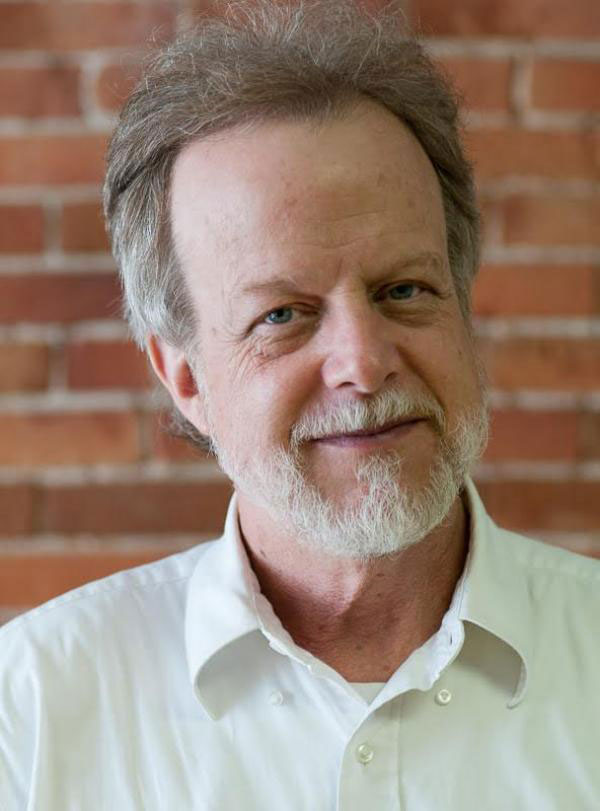
Until this year, big-box retailers Lowe’s and Home Depot sold paint strippers containing methylene chloride—a chemical that has been determined to cause nerve damage, cancer, and in some cases death. Mike Belliveau ’79 helped lead the national coalition that persuaded the companies to remove those products from thousands of stores.
Belliveau also organized Biobased Maine, a trade association encouraging businesses to invest in emerging manufacturing technologies that use forest waste (in place of petroleum) to make bioplastics and other renewable materials.
These achievements stem from his role as executive director of the Environmental Health Strategy Center, a nonprofit he founded 17 years ago. The 10-person staff, headquartered in Portland, Maine, aims to ensure that all people can thrive in a safe environment. For Belliveau, that translates to calling legislators to encourage policy action, connecting with prospective donors, communicating the organization’s initiatives to the public, helping retail chains and food brands develop plans to phase out their use of toxic chemicals, and matchmaking between renewable tech companies and forest landowners.
In Belliveau’s eyes, health and justice are intertwined. All too often, he says, “the rich and powerful externalize their costs, with the impacts falling disproportionately on those with lower incomes and on communities of color. And that’s simply not right.”
Belliveau traces his passion for this work to a deep love of the natural world. At age 12, he was the youngest Boy Scout on a 50-mile backpacking trip in the White Mountains of New Hampshire. It culminated in a stunning 360-degree view that got him thinking about humans as a small, vulnerable piece of a wilderness that demands our protection.
When he was an undergrad, the Love Canal story about a community built atop a toxic-waste landfill was unfolding in the news. Outraged, he decided he wanted to help people in such situations hold polluting companies and the government accountable. He enrolled in Course 25, an interdisciplinary program offered in the ’70s and ’80s, to study environmental science. He held nonprofit jobs on both coasts—one highlight was leading the national campaign to phase out toxic mercury from thermometers and other consumer products—before founding his own nonprofit.
Belliveau still enjoys hiking. When he summits a peak, he says, he’s reminded of a Zen saying: “When you get to the top of the mountain, keep climbing.”
Keep Reading
Most Popular
Large language models can do jaw-dropping things. But nobody knows exactly why.
And that's a problem. Figuring it out is one of the biggest scientific puzzles of our time and a crucial step towards controlling more powerful future models.
The problem with plug-in hybrids? Their drivers.
Plug-in hybrids are often sold as a transition to EVs, but new data from Europe shows we’re still underestimating the emissions they produce.
Google DeepMind’s new generative model makes Super Mario–like games from scratch
Genie learns how to control games by watching hours and hours of video. It could help train next-gen robots too.
How scientists traced a mysterious covid case back to six toilets
When wastewater surveillance turns into a hunt for a single infected individual, the ethics get tricky.
Stay connected
Get the latest updates from
MIT Technology Review
Discover special offers, top stories, upcoming events, and more.